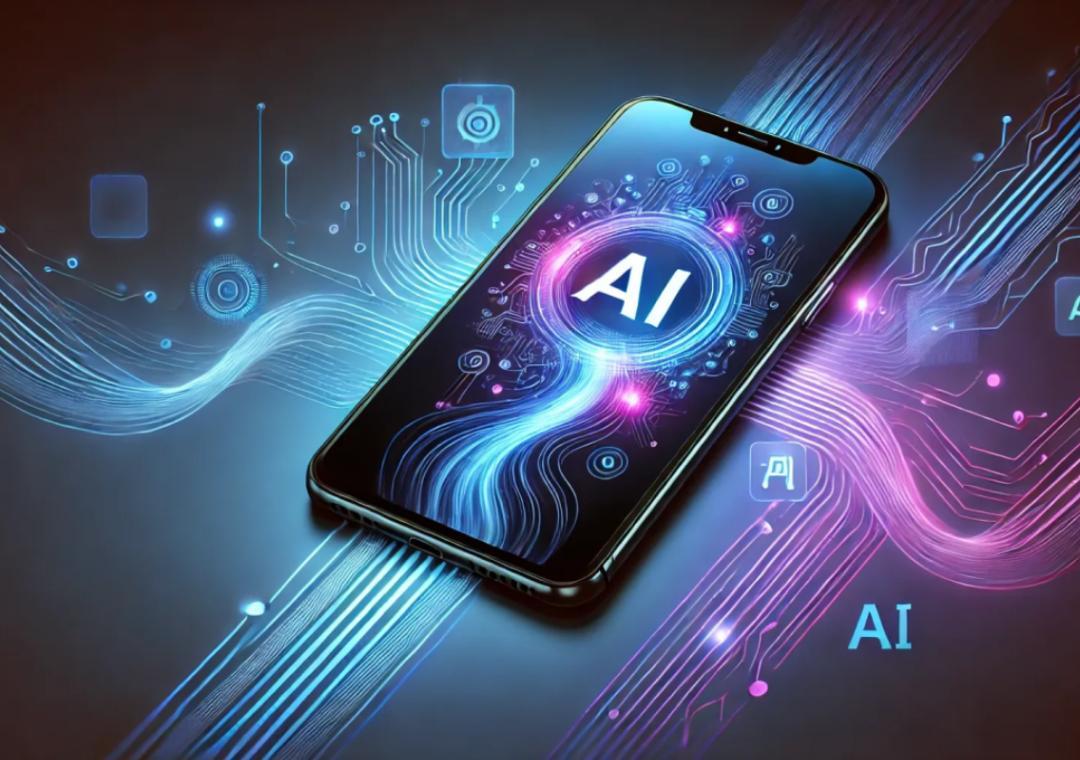
Agentic AI Shifts Apps from Passive Tools to Proactive Helpers
The way we interact with apps has undergone a significant transformation in recent years. Gone are the days when users had to manually select options, confirm, and repeat tasks to get what they want. With the advent of Agentic AI, apps are now evolving to become proactive helpers that understand and respond to user needs in real-time.
In the past, apps functioned like vending machines – users would insert their requests, select their preferences, and wait for the desired outcome. This passive experience was characterized by a lack of intelligence, as apps were unable to understand the evolving needs and preferences of their users. However, Agentic AI is disrupting this paradigm by embedding intelligence into the core of the experience.
Agentic AI is a type of artificial intelligence that enables apps to understand and respond to user needs in a proactive manner. This technology allows apps to learn from user behavior, anticipate their needs, and take initiative to deliver the desired outcomes. Whether it’s rescheduling a meeting, curating a playlist, or providing personalized recommendations, Agentic AI-powered apps are no longer waiting for commands from users.
One of the most significant benefits of Agentic AI is its ability to understand evolving user preferences. Traditional apps relied on rigid rules and pre-programmed settings to deliver results. In contrast, Agentic AI-powered apps use machine learning algorithms to analyze user behavior and adapt to their changing needs. This means that users can enjoy a more personalized and contextual experience, as the app is able to anticipate and respond to their evolving preferences.
Another key advantage of Agentic AI is its ability to handle dynamic requests. Traditional apps were limited to processing static requests, whereas Agentic AI-powered apps can handle complex, dynamic requests that require a high degree of intelligence. For example, a scheduling app powered by Agentic AI can detect changes in user availability and automatically reschedule meetings to ensure maximum productivity.
Agentic AI is not limited to specific industries or use cases. Rather, it has the potential to transform the way we interact with apps across various domains. For instance, in the music streaming space, Agentic AI-powered apps can curate playlists based on user preferences, moods, and activities. Similarly, in the healthcare space, Agentic AI-powered apps can provide personalized health recommendations based on user data and behavioral patterns.
The impact of Agentic AI on app development is significant. It requires a fundamental shift in the way developers design and build apps. Gone are the days when developers could focus solely on building a functional app with a user-friendly interface. With Agentic AI, developers must now focus on building intelligent apps that can learn, adapt, and respond to user needs in real-time.
To achieve this, developers must adopt a more data-driven approach to app development. This involves collecting and analyzing user data to understand their behavior, preferences, and needs. Developers must also leverage machine learning algorithms to train their apps to learn from user data and adapt to changing needs.
In conclusion, Agentic AI is revolutionizing the way we interact with apps. By embedding intelligence into the core of the experience, Agentic AI-powered apps are no longer waiting for commands from users. Instead, they are taking initiative to understand evolving user preferences, handle dynamic requests, and deliver personalized results. As the technology continues to evolve, we can expect to see even more innovative applications of Agentic AI in various industries and use cases.
Source:






